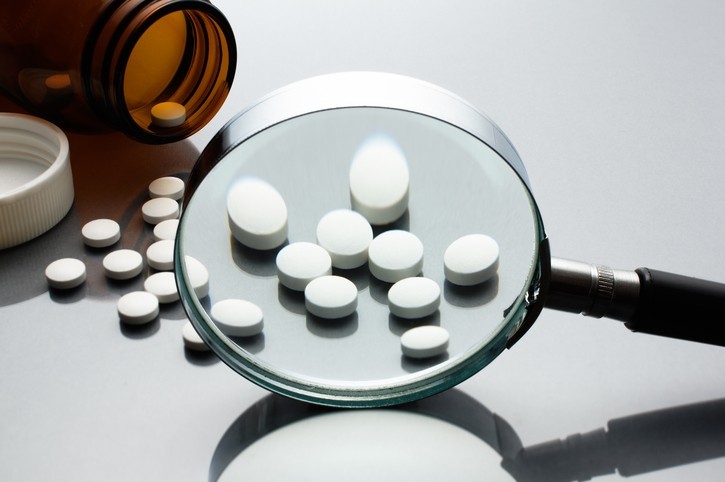Brazilian researchers find high amounts of caffeine, some drugs, in seized supplements

The study, published in the July 2017 edition of the journal Food and Chemical Toxicology, was more of a random analysis on seized supplement products that have been on the Brazilian Federal Police force’s inventory, collected between 2010 to 2016, rather than a group of supplements seized in one raid.
Nevertheless, the results were staggering—out of 213 samples of 52 supplement products seized, 109 declared an amount of caffeine present, and 26.6% contained more than 120% of the specified levels.
According to researchers, the main goal of the study was to add literature on the quantification of stimulants in supplements. “The aims of this work were to validate a gas chromatography-mass spectometry (GC-MS) method for the quantitation of caffeine and identification of other substances in supplements, mainly weight loss products, and to estimate the caffeine intake by consumers,” the researchers wrote.
“While both the United States and the European Union have effective systems for detecting and divulging these occurrences to the public, Brazil does not have such a system,” they added.
High undeclared amounts of caffeine, and some undeclared drugs found
The researchers did not specify the brands nor the manufacturers of the analysed supplements. Included in the analysis were supplement seized by the Brazilian Federal Police whenever there is a suspicion “that they may be counterfeited, adulterated, smuggled into the country, contain any proscribed or controlled substances or cannot, for any reason, be commercialized in Brazil,” according to the reports.
It focused on weight loss supplements, but also had supplements that did not declare caffeine on its labels, but in which caffeine was detected during forensic analysis. Tablets, capsules with powder content, and capsules with liquid content were included. Expiration dates varied from 2007 to 2020, and 83.6% of the samples were analysed after expiry date.
The high amount of caffeine found in some samples “might lead to excessive intake by consumers and represent a health risk,” the researchers argued. “Additionally, undeclared drugs were detected in 28 samples, including anorectics and laxatives.”
“Findings from this study should be used to raise awareness in government agencies and consumers of the risks implied in the consumption of dietary supplements,” the researchers argued.
Source: Food and Chemical Toxicology
Published online ahead of print, https://doi.org/10.1016/j.fct.2017.03.063
Determination of caffeine and identification of undeclared substances in dietary supplements and caffeine dietary exposure assessment
Authors: Diana Brito da Justa Neves, Eloisa Dutra Caldas





